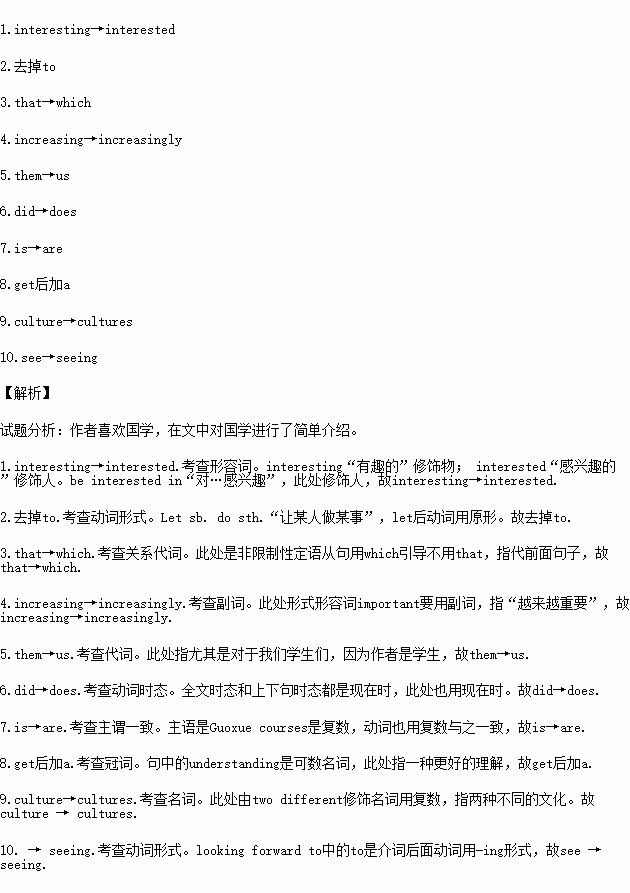Three Boys and a Dad
Brad closed the door slowly as Sue left home to visit her mother. Expecting a whole day to relax, he was thinking whether to read the newspaper or watch his favorite TV talk show on his first day off in months. “This will be like a walk in the park,” he’d told his wife. “I’ll look after the kids, and you can go and visit your mom.”
Things started well, but just after eight o’clock, his three little “good kids”—Mike, Randy, and Alex—came down the stairs in their night clothes and shouted “breakfast, daddy.” When food had not appeared within thirty seconds, Randy began using his spoon on Alex’s head as if it were a drum. Alex started to shout loudly in time to the beat(节拍). Mike chanted “Where’s my toast, where’s my toast” in the background. Brad realized his newspaper would have to wait for a few seconds.
Life became worse after breakfast. Mike wore Randy’s underwear on his head. Randy locked himself in the bathroom, while Alex shouted again because he was going to wet his pants. Nobody could find clean socks, although they were before their very eyes. Someone named “Not Me” had spilled a whole glass of orange juice into the basket of clean clothes. Brad knew the talk show had already started.
By ten o’clock, things were out of control. Alex was wondering why the fish in the jar refused his bread and butter. Mike was trying to show off his talent by decorating the kitchen wall with his colour pencils. Randy, thankfully, appeared to be reading quietly in the family room,but closer examination showed that he was eating apple jam straight from the bottle with his hands. Brad realised that the talk show was over and reading would be impossible.
At exactly 11:17, Brad called the daycare centre (日托所).“I suddenly have to go into work and my wife’s away. Can I bring the boys over in a few minutes?” The answer was obviously “yes” because Brad was smiling.
1.When his wife left home. Brad expected to .
A. go out for a walk in the park
B. watch TV talk show with his children
C. enjoy his first day off work
D. read the newspaper to his children
2.Which of the following did Randy do?
A. Drawing on the wall B. Eating apple jam
C. Feeding the fish. D. Reading in a room
3.Why did Brad ask the daycare centre for help?
A. Because he wanted to clean up his house.
B. Because he suddenly had to go to his office
C. Because he found it hard to manage his boys home.
D. Because he had to take his wife back

